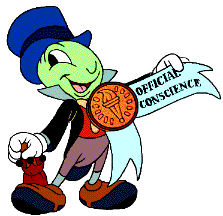In many ways humanistic psychology appeals to me, but none more so than the interest shown by Maslow for “the other half.” I just find that whole idea so brilliant and even though I may never have thought of it, it is very much so in line with the way I feel. I’m a sucker for success stories, I yearn to be a success story. Even if people fail, watching people valiantly rail against seemingly insurmountable odds will get me every single time. I can’t help it. Thus, finding out everything we can about those who are healthy, stable people and examples to the world around them is an appealing idea to me in every way.
I also think it is interesting that we have such a propensity to focus on the negative. Perhaps it is out of fear. I remember reading Girl, Interrupted by Susanna Kaysen and one of the most vivid parts of the book to me is when postulates that the first thing people think about in response to a person having psychological issues is the likelihood of something similar happen to them. Perhaps that is a satisfactory explanation, we gawk at those who have messed up to make us feel like we could never end up that way. Maybe we’d all be more likely to be success stories if we spent that energy watching those who did it right.


